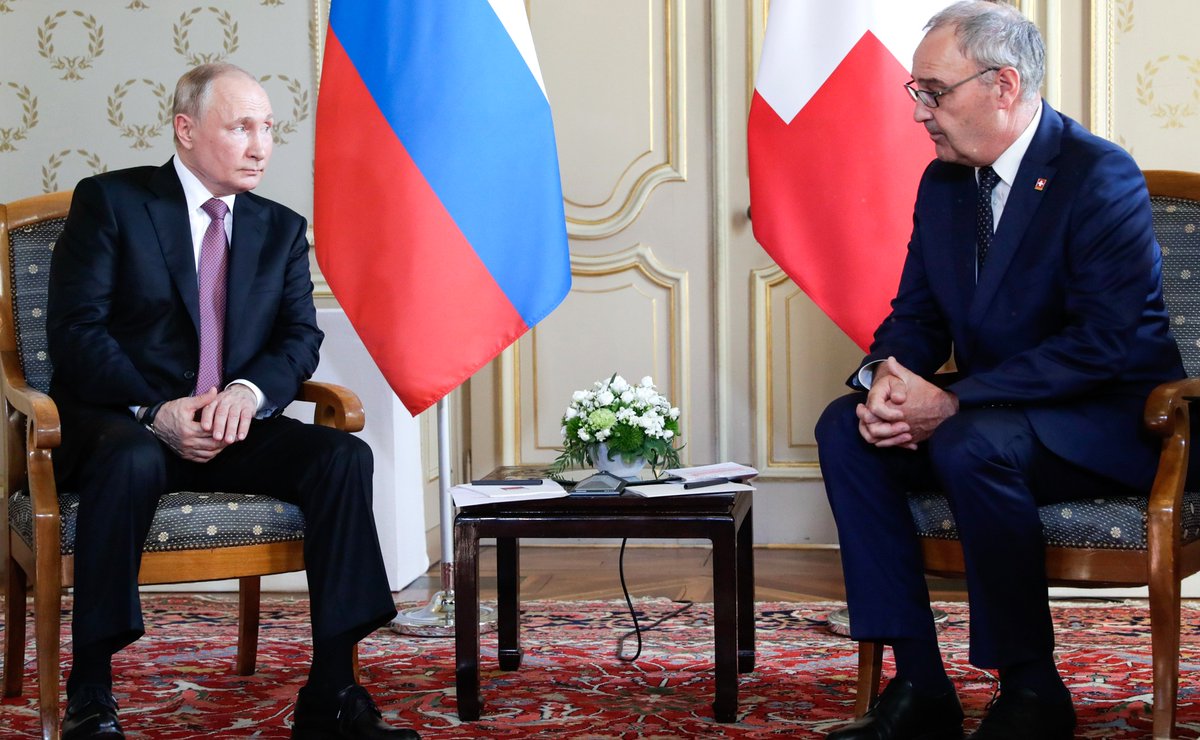A prominent Russian environmentalist has fled you. S. Crook cases have been opened against her concerning Russia’s law on “overseas sellers.” Alexandra Koroleva, 65, head of Ekozaschita (Ecodefence!), considered one of Russia’s oldest environmental organizations, is in search of asylum in Germany because in Russia, amongst other things, she might be imprisoned for two years for being held criminally responsible for unpaid fines levied against Ekozaschita! Below is the abusive law.
Koroleva’s institution refused to sign in under the 2012 regulation that requires any Russian group accepting foreign funding and sporting out activities deemed to be “political” to register as an overseas agent. This period in Russia implies “spy” or “traitor.” However, in 2014, the Justice Ministry forcibly added Ekozaschita! To the “overseas sellers” registry. The group and its supporters consider the pass a response to their marketing campaign against developing a nuclear plant in the Kaliningrad region, where the institution is based. The government should drop the instances against Koroleva.
“Instead of celebrating Koroleva’s lifelong commitment to environmental activism, the Russian government has pressured her into exile,” said Damelya Aitkhozhina, Russia researcher at Human Rights Watch. “The instances in opposition to Koroleva have to be dropped, and Russia needs to repeal its ‘overseas dealers’ law as soon as and for all.” Human Rights Watch and multiple other human rights companies and bodies have repeatedly condemned the Law on Foreign Agents as a violation of human rights norms and referred to as its repeal.

Ekozaschita!/Ecodefence! And 48 other Russian nongovernmental enterprises (NGOs) have programs pending before the European Court of Human Rights (software no. 9988/thirteen) arguing that the Law on Foreign Agents violates numerous human rights norms, which include freedom of expression and association, an end recommended with the aid of the Council of Europe’s Commissioner for Human Rights.
Although, as a dependent on principle, Ekozaschita! Did no longer comply with the “overseas agents” law reporting necessities. It continued to record all reviews required of civil society businesses by authorities in a timely way. In May 2019, the Federal Court Bailiff Service opened five criminal instances against Koroleva for unpaid fines. Information about the cases has only been made public in recent days.
Between 2016 and 2018, each Ekozaschita! And Koroleva, in her capacity, had been fined on several events for failure to post the reports underneath the “foreign retailers” regulation and for refusing to publicly discover the institution as a “foreign agent” enterprise.
The Federal Bailiff Service referred five unpaid fines for enforcement complaints after expired charge cut-off dates. The penalties varied between 10,000 and 100,000 rubles (approx. US$one hundred fifty and US$1,500), and the enforcement court cases entailed an additional 10,000 rubles according to the situation. The overall quantity of fines against Koroleva and Ekozaschita! Deemed late or due by the Russian government is set at US$18,000. Koroleva’s colleagues are trying to boost the money on numerous crowdfunding platforms, hoping that paying the fines will save you from Koroleva’s conviction.
In December 2018, Russian authorities iced up Ekozaschita!’s bank bills – as they had the strength to do underneath the court docket choice execution complaints -leaving it unable to make any payments and efficiently blocking its sports. In March, after the organization determined the fines, Ekozaschita!’s legal professional filed software for its liquidation; however, the Justice Ministry refused to check on it. Ekozaschita! Their lawyer stated that they are planning to go to court to contest the refusal.
The Justice Ministry has initiated liquidation proceedings against numerous nongovernmental businesses that it forcibly registered as overseas agents, together with such prominent corporations as Golos, an election watchdog, and Agora, a human rights litigation institution. More than 30 companies have closed down instead of accepting the fake and stigmatizing label of “overseas agent.”





